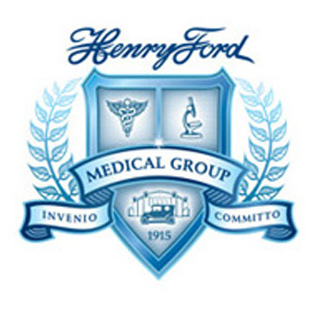
The findings from the study illustrate that acupuncture as opposed to drug therapy seems to have a longer-lasting result on the lessening of hot flashes and night sweats for women getting hormone therapy for breast cancer treatment. Women also account that acupuncture appears to enhance their energy and lucidity of thought.
Study lead author Eleanor Walker, M.D., division director of breast services in the Department of Radiation Oncology at Henry Ford Hospital, commented, “Acupuncture offers patients a safe, effective and durable treatment option for hot flashes, something that affects the majority of breast cancer survivors. Compared to drug therapy, acupuncture actually has benefits, as opposed to more side effects.â€
As per the National Cancer Institute, apparently one in eight women may suffer from breast cancer in her lifetime. For these women, traditional medical treatment seems to include chemotherapy and five years of hormone therapy. With such a lengthy course of treatment, side effects of hormone therapy like vasomotor symptoms i.e. hot flashes and night sweats could turn into a chief reason for diminished standard of life, and even discontinuation of treatment.
Venlafaxine i.e. Effexor has apparently been the preferred drug therapy to control these general and devastating side effects linked to breast cancer treatment. Venlafixine nevertheless is believed to be available with its own set of side-effects like dry mouth, reduced appetite, nausea and constipation.
As acupuncture has supposedly been demonstrated to efficiently cut down hot flashes in menopausal women, Dr. Walker and her team examined the application of acupuncture to battle vasomotor symptoms in breast cancer patients as a substitute to drug therapy.
To evaluate the two options objectively and compare them, around 50 patients were enlisted from oncology clinics at Henry Ford. Patients were randomly allocated to be either given acupuncture or venlafaxine treatment for around 12 weeks. The drug therapy group apparently consumed venlafaxine orally every night i.e. 37.5mg the first week and then 75mg for the rest of the 11 weeks. The other group was supposedly given acupuncture treatments twice for each week in the first four weeks, and then once a week for the rest of the eight weeks.
After 21 weeks, all patients halted their therapy and were apparently trailed for a year. Patients had to keep a diary to document the amount and acuteness of hot flashes. They also had to take questionnaires to gauge their by and large health and mental health.
It was seen that both groups seemed to primarily experience a 50 percent drop in hot flashes and depressive symptoms, thereby pointing out that acupuncture could be as effectual as drug therapy.
The differences appeared to surface between the two groups during the post-treatment. Apparently, the acupuncture group carried on experiencing negligible hot flashes, while the drug therapy group seemed to have a considerable augment in hot flashes. The acupuncture group supposedly did not go through a boost in the occurrence of their hot flashes until about three months post-treatment.
The study was published in the Journal of Oncology.
